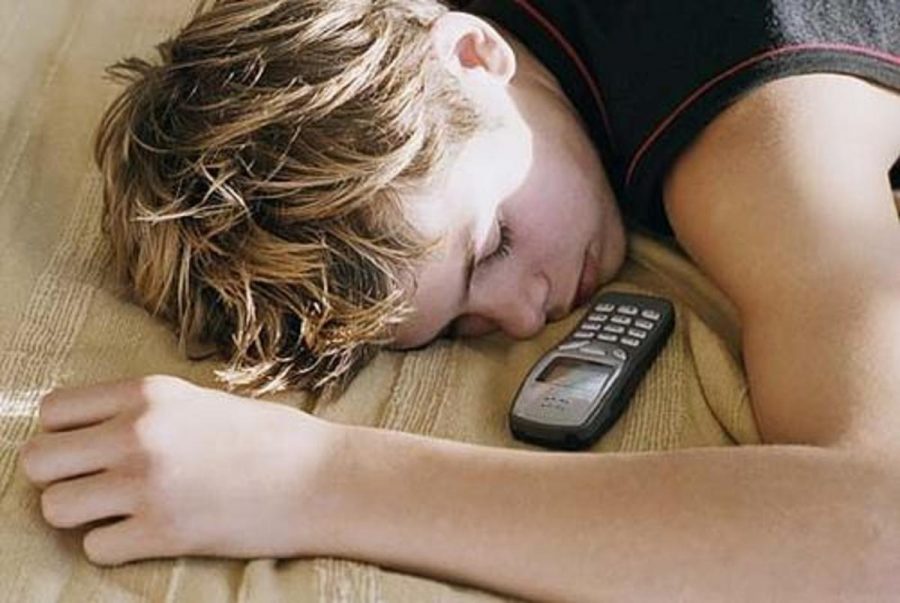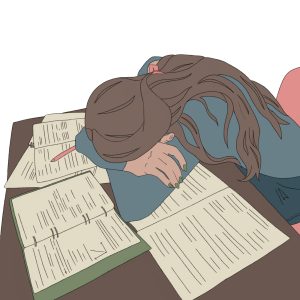Sleepy teens tire out minds
Most teens need about nine hours of sleep a night to maintain daytime alertness. But few teens actually get that much sleep regularly. More than 90 percent of teens in a recent study published in the Journal of School Health reported sleeping less than the recommended amount.
October 15, 2014
According to National Health Society choices, sleep experts are declaring that teenagers are sleeping less than they ever have before. There seems to be a link between sleep deprivation and accidents, obesity and cardiovascular disorders.
“There is always the homework, sports, clubs and activities factor when considering what time I go to sleep, but I admit it’s ridiculous to ask teens to work based on such little sleep,” junior Sarah Thompson said.
Research has shown that physiological changes, social pressures and external factors such as T.V. and other stimulating gadgets in the bedroom contribute to late nights and mood swings.
“I usually stay up late because of homework, but I also have the habit of checking my phone before I go to bed, which isn’t good,” junior Maya Sheth said.
Lack of sleep also affects teenagers’ education, as it can leave them too tired to concentrate in class and perform to their best ability in exams.
Some tips on how to get more sleep include:
-
Set a regular bedtime
-
Get comfortable
-
Create a bedtime ritual
-
Avoid naps
-
Exercise daily
“It can be really hard and sometimes I can’t really control when I do to bed, and it’s especially rough during sports, but we all just have to tough it out,” senior Sneha Rajagopal said.







